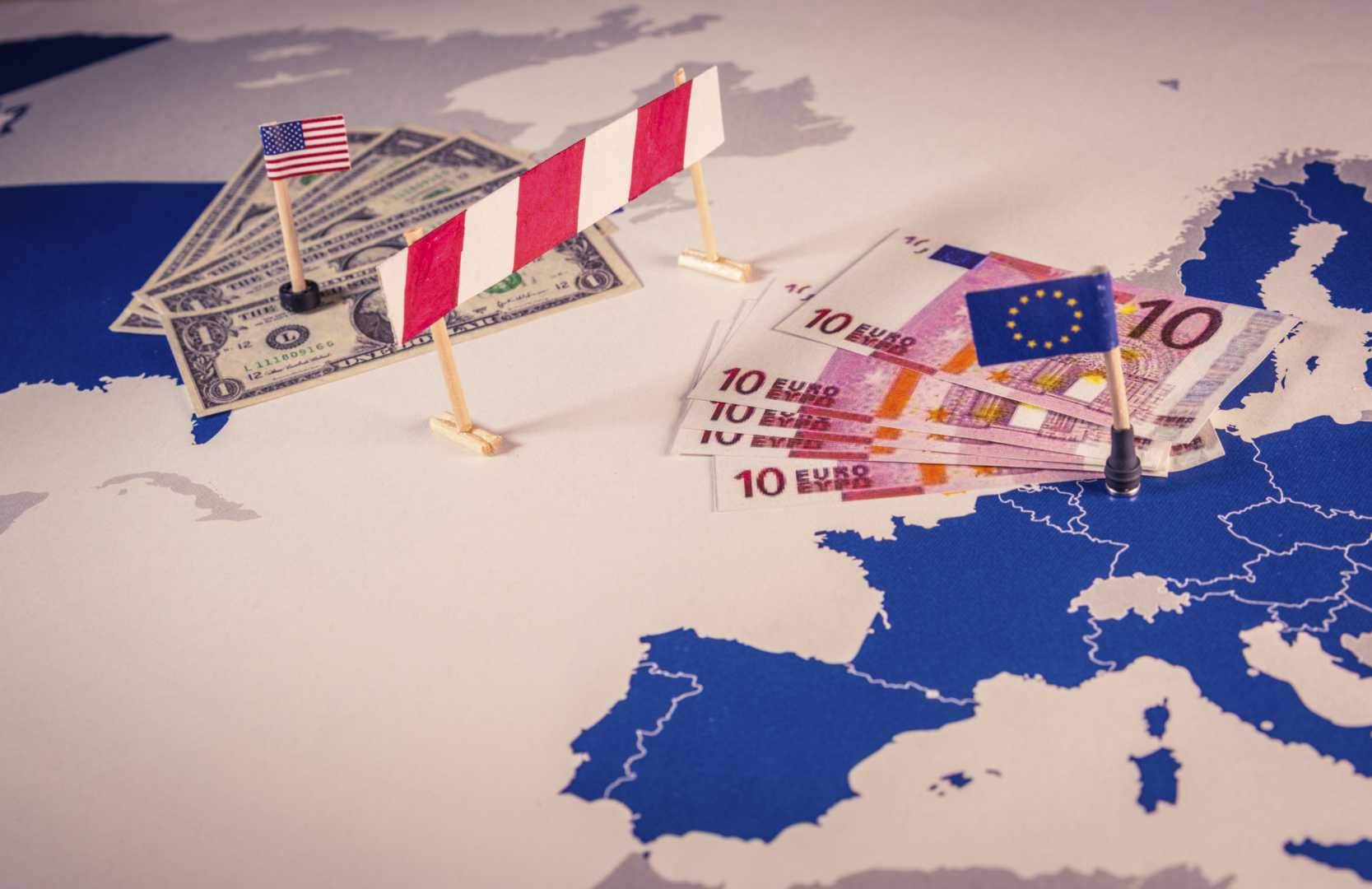Business
Euro Zone Economy Shows Signs of Weakness Amid Trade War

FRANKFURT, Germany — The euro zone economy is facing challenges as new surveys indicate only slight optimism among businesses. On May 22, data revealed that the economic activity index dropped to 49.5 in May, down from April’s 50.4, falling below the 50-point mark that differentiates growth from contraction.
This decline is concerning, especially as services, which have historically driven growth in the region, contributed significantly to the downturn. Economists, however, warned against rushing to conclusions, noting that external factors played a substantial role.
Bert Colijn, an economist at ING, highlighted the effect of the ongoing trade war. He said, ‘The trade war is weighing on the euro zone economy, but likely mostly through the uncertainty channel rather than direct trade effects so far.’ He expressed concerns about economic sluggishness, suggesting that risks remain tilted to the downside.
Despite the negative figures, there is some optimism for the future. HCOB chief economist Cyrus de la Rubia mentioned, ‘There are reasons for confidence in the longer term.’ He pointed out a broad recovery in manufacturing, particularly in Germany and France, as a positive sign.
Germany is reportedly preparing to enhance its position as the euro zone’s economic leader with plans for expansive fiscal policies aimed at defense and infrastructure investment. The Ifo Institute‘s index showed slight improvements in business expectations, indicating that the German economy may be finding its footing.
Clemens Fuest, president of the Ifo Institute, remarked, ‘The German economy is slowly regaining its footing.’ This statement reflects hopes that recent monetary policy measures, including seven interest rate cuts by the European Central Bank (ECB), are supporting economic sentiment and reducing costs.
However, economists caution that the mixed readings on current business conditions combined with a cautiously positive outlook may result in modest growth with inherent risks. Both the ECB and European Commission project the euro zone’s growth to remain below 1% this year, mirroring last year’s performance.
Christophe Boucher from ABN AMRO Investment Solutions stated, ‘We think that uncertainty will continue to drive a negative momentum in the PMI figures, at least until the US and EU sign a (trade) deal.’












